Suez says the agreement paves the way for it to develop a way to capture the CO₂ emissions from one of the four EfW facilities it operates in the Teesside area. Once captured, the CO₂ will be supplied to the BP-led Net Zero Teesside Carbon Capture, Utilisation and Storage (CCUS) project, to be transported and permanently stored beneath the North Sea.
A commercial scale demonstration carbon capture plant is planned for the company’s Tees Valley (Lines 1 and 2) facility at Haverton Hill.
John Scanlon, chief executive officer for Suez recycling and recovery UK, said: “As we look ahead to the UK’s 2050 net zero target, carbon capture and storage technology is set to be a key component of our low carbon future.
“By harnessing this opportunity at Teesside, we aim to demonstrate that it’s possible to not only significantly reduce carbon emissions from energy-from-waste but for energy-from-waste to become a carbon negative activity.
“The local support shown from customers and partners towards this project shows a common desire to continue to reduce carbon as we all work towards the Governments Net Zero targets.”
Net Zero Teesside CCUS
Led by BP, the Net Zero Teesside CCUS project plans to capture up to 10 million tonnes of CO₂ emissions from the mid 2020s.
“Carbon capture and storage technology is set to be a key component of our low carbon future”
Andy Lane, managing director for Net Zero Teesside, said: “This memorandum of understanding demonstrates another example of the strong local commitment to decarbonise existing industry in the region.
“We look forward to working with Suez as it aims to achieve a world first with the scale-up of carbon capture technologies and application to an energy-from-waste facility.
“The Suez facilities located in Teesside are ideally placed for integration with the Net Zero Teesside project, enabling captured carbon to be sequestered in geological storage under the North Sea.”
Solvent-based modular system
Suez says it will use its combined expertise in EfW and CO₂ separation systems to develop a solvent-based modular system to capture CO₂ from EfW flue gas emissions.
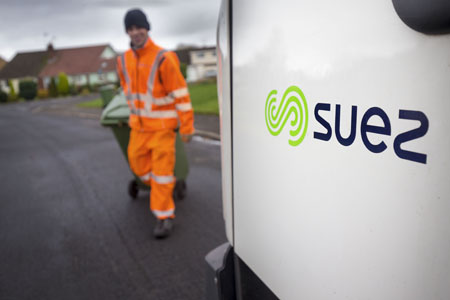
It intends to remove 90% of fossil and biogenic CO₂ emissions from the Haverton Hill plant, leading to it becoming ‘carbon negative’.
The successful implementation of the project will enable the large-scale roll-out of the carbon capture solution across Suez’s EfW plant portfolio and to other industrial emitters located within carbon capture, utilisation and storage hubs worldwide, Suez says.
Tees Valley
Currently, four Tees Valley authorities – Hartlepool, Middlesbrough, Redcar and Cleveland and Stockton-on-Tees – have a residual waste contract with Suez, with most residual waste treated at Haverton Hill.
The French-owned waste management company operates four EfW process lines in Teesside, divided between two facilities at the same site, known as SUEZ Tees Valley (STV) 1, 2 & 3 and The North East Energy Recovery Centre.




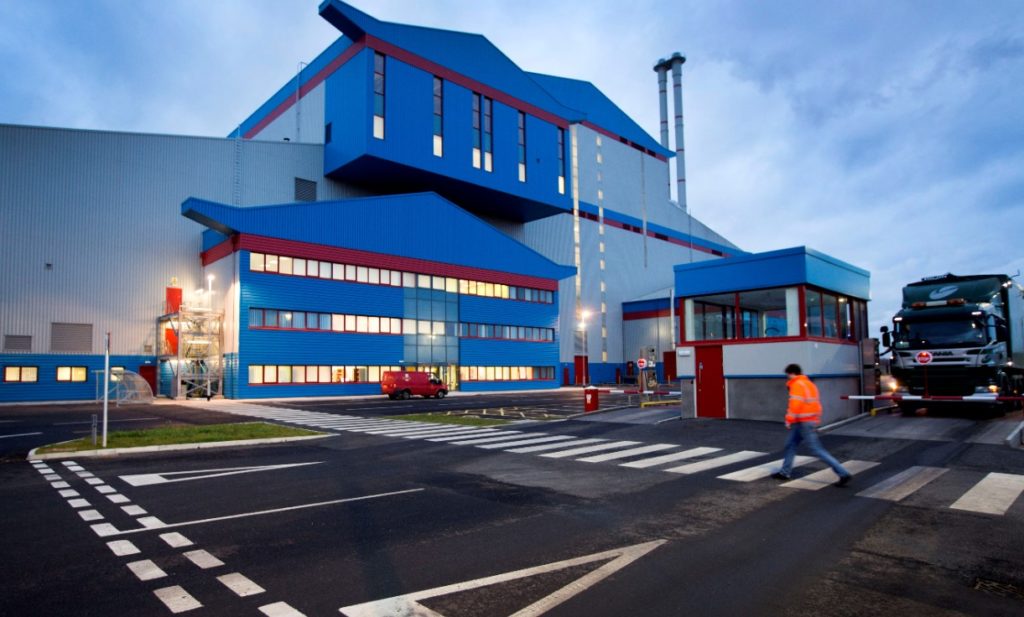

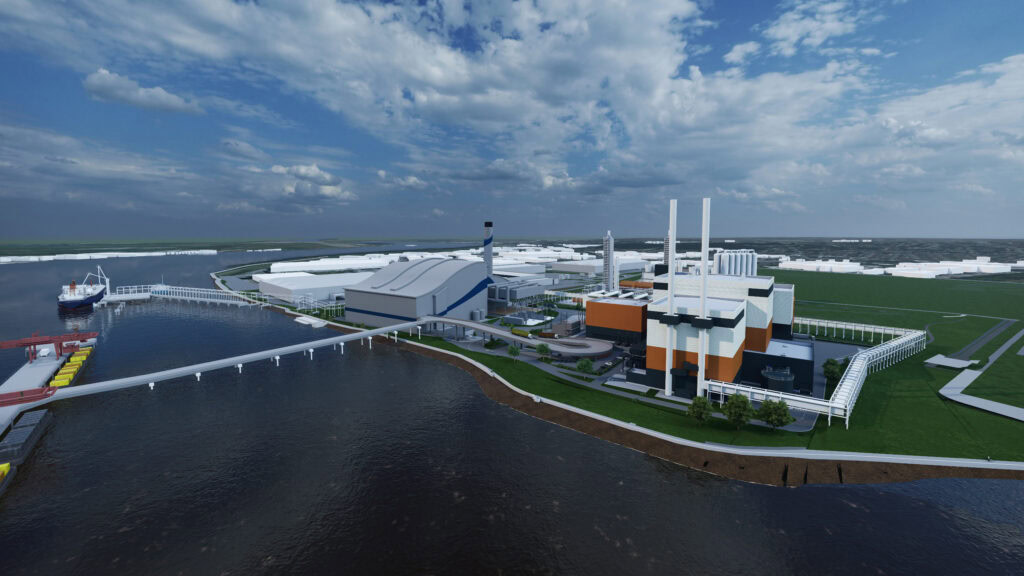
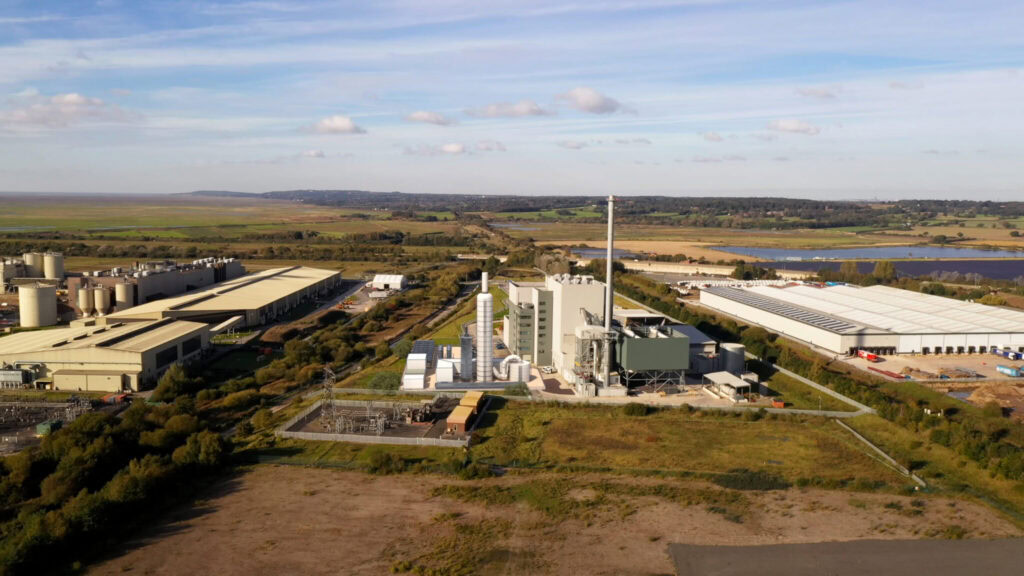
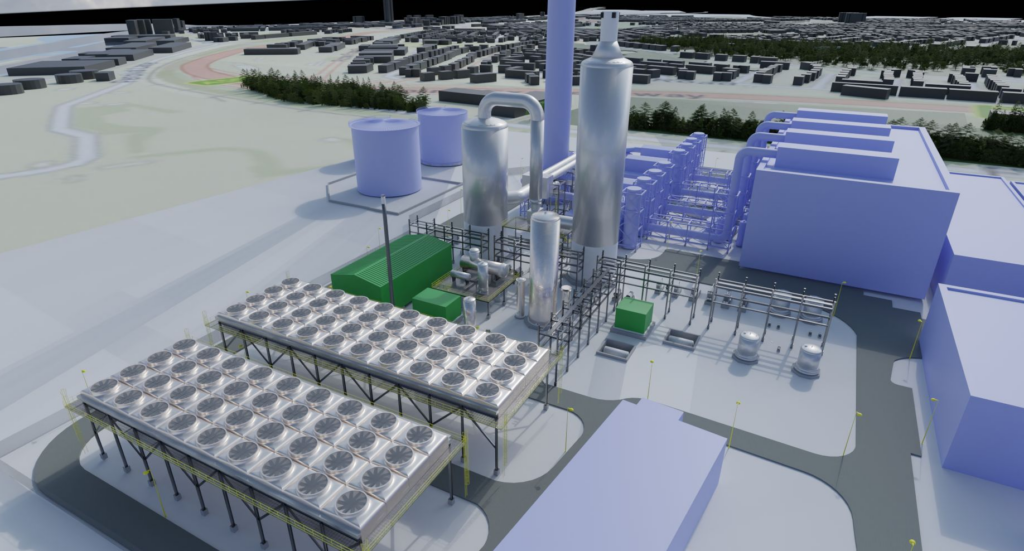


Subscribe for free